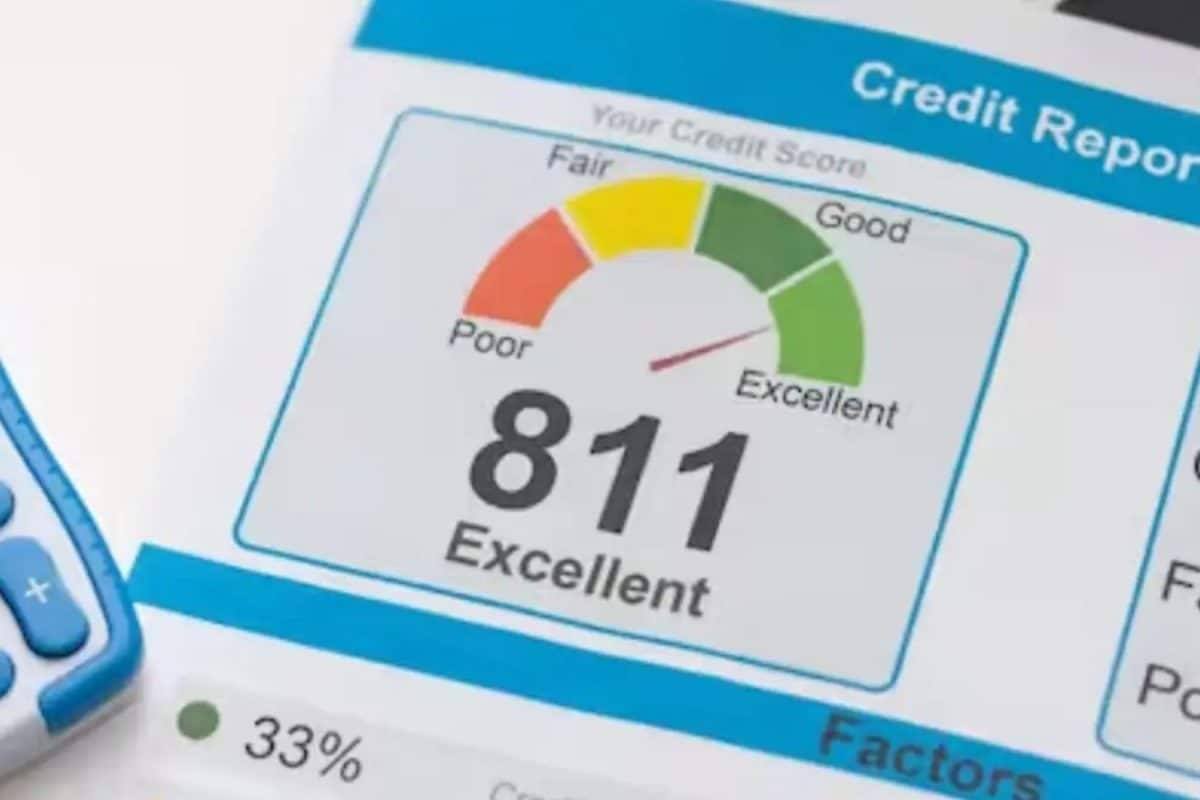Loan Settlement Vs Full Repayment: Effects on Credit Scores
Business BusinessPosted by AI on 2025-08-12 12:32:16 | Last Updated by AI on 2025-08-13 00:55:51
Share: Facebook | Twitter | Whatsapp | Linkedin Visits: 0

Whether you choose to fully repay or settle a loan, it can have a significant impact on your credit score. Understanding these consequences can help you make informed decisions about managing your loans.
If you repay your loan in full, you demonstrate financial discipline and responsibility, which can boost your credit score. This positive payment history can bode well for your creditworthiness and show potential lenders that you can manage credit responsibly.
Loan settlement, on the other hand, may provide temporary relief from your debt obligations, but it can harm your credit score. When you settle a loan, it is typically marked as "settled" or "partial settlement" on your credit report. This can lower your credit score and can negatively affect your credit history.
The severity of the impact on your credit score depends on several factors, including the original amount of the loan, the amount settled, your repayment history, and the credit scoring model used.
While repaying a loan in full has its benefits, it's essential to consider your financial situation. If you are struggling to make ends meet, prioritizing essential expenses and seeking financial advice to overcome debt is crucial.
Ultimately, making regular repayments on time and demonstrating creditworthiness may gradually enhance your credit score, leading to more favourable borrowing terms in the future.
The choice between full repayment and loan settlement involves balancing your credit score and debt management goals. Considering the implications for your credit health and seeking professional advice when needed is important.
Search
Categories
- Sports
- Business
- History
- Politics
- International
- Science & Technology
- Social Issues
- Disaster Management
- Current Affairs
- Education
- Startup Business
- Startup News
- Awards
- Community Services
- Fundraising Events
- Volunteer Services
- Health Initiatives
- Innovations and Initiatives
- In News
- dummybanners
- Awards
- Partners
- Products
- Press Releases
- News
- Fast Check
- South
- సినిమా
- Gallery
- Sunday Chronicle
- Hyderabad Chronicle
- లైఫ్ స్టైల్
- National
- క్రైం
- ట్రెండింగ్
- జాబ్స్
- అంతర్జాతీయo
- బిజినెస్
- రాజకీయం
- బిజినెస్
- సంపాదకీయం
- నవ్య
- చిత్ర జ్యోతి
- క్రీడలు
- జాతీయం
- తెలంగాణ
- తాజా వార్తలు
- మన పార్టీ
- మన నాయకత్వం
- మన విజయాలు
- డౌన్లోడ్స్
- మీడియా వనరులు
- కార్యకర్తలు
- North East Skill Center News
- Government Schemes
- Entrepreneurship Support
- Employment Opportunities
- Skill Training Programs
- Departments
- Investments
- Initiatives
- Resources
- Telangana IT Parks
- Events & Jobs
- Press Releases
- News
- Airport News
- Newtons Laws of Motion
- Karbonn in Business
- Investments in Karbonn
- Company quarterly sales
- Markets
- Auto News
- Industry
- Money
- Advertisements
- Stock target
- Company Updates
- Stock Market
- Company Sales
- Staffing and HR
- Constituency Assembly
- General News
- Srikalahasti Temple
- Bojjala Sudhir Reddy
- Technology & Innovation
- Sports
- Business
- Products
- Industries
- Services & Trainings
- Tools & Resources
- Technology Integration
- Drug Seizures & Arrests
- Telangana Narcotics
- Law & Enforcement
- Rehabilitation
- Nationwide Drug Policing
- Nigeria Seizures
- Global Operations
- Drug Awareness
- Drug Enforcement Tech
- NCB Drug Seizures
- Judicial Crackdown
- India's Surveillance Tools
- Cross-Border Links
- Women Safety
- Cyber Crimes
- Drug Abuse
- Traffic & Road Safety
- Community Connect
- Public Safety Alerts
- Citizen Assistance
- Nellore City News
- Politics & Administration
- Events & Festivals
- Agriculture & Rural
- Business & Economy
- Health & Wellness
Recent News
- Trump Administration Scrubbed Reports On Human Rights Violations Of US Allies
- No Casualties Reported As Train Carrying Potentially Hazardous Materials Derails In Texas
- Netanyahu's Gaza Plan Spurs International Alarm
- Russian 'aptly named' group behind US federal court cyberattack, report says
- Trump's 'Liberation' Leads to Multiple Arrests, 6 Guns Seized on First Night
- War in Ukraine May Top Agenda at Putin-Trump Summit
- DMK government 'asleep' for four years, alleges Tamil Nadu CM
- Summits Between Russia, Ukraine Offer Hope For Peace To End War